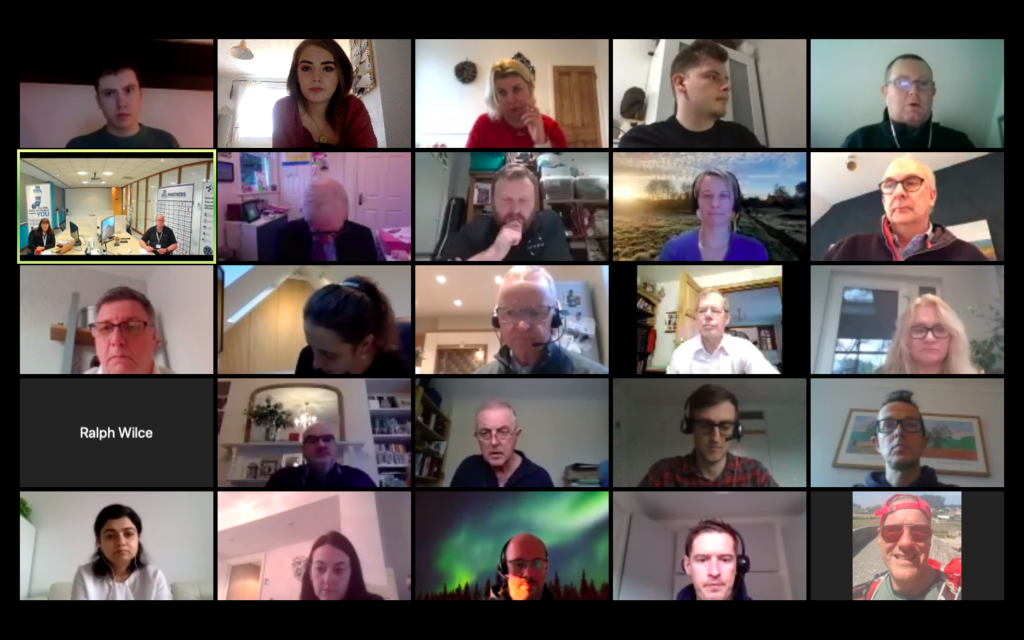This month, the Commission has launched the second round of working party meetings, starting with Research and Air Monitoring.
Last week, Dr James Tate chaired the member working party meeting, focusing on four key areas: the problem of highly polluting vehicles; occupational hazard of drivers being exposed to low air quality; providing an environment to nurture new vehicles; and bus reforms with DEFRA and DfT.
Members who attended ranged from AirSafe, ArrivaDigital, CAVT, CMS SupaTrak, EMSOL, Ricardo, and SKIPS Education. Issues such as in-cab pollution, non-tailpipe emissions, and the challenges of implementing cleaner buses were explored in depth.
‘Cabin exposure from internal exhaust ingress places drivers at risk, particularly those who depend on driving for their occupation. AirSafe proposes using lightweight, hand-held air quality monitors in the form of apps, lanyards, or other user-friendly formats.’ Dr. Sophie Duggan from AirSafe and the Hoxby Collective highlighted.
Ralph Wilce from Wijs-Air went on to point out that verified DPF tampering and testing technology has been accepted for MOT by the Dutch government. ‘This is a key area that can address highly polluting vehicles and a key to fast and low-cost urban air quality improvement,’ Wilce concluded.
Earlier this week, Roland Leigh went on to chair the Air Monitoring meeting, where he explored the three working party objectives: to introduce certification for short form monitors; expand air quality monitoring networks across the UK; and introduce stricter MOT emission testing. A range of issues with monitoring were highlighted, along with a set of questions the working party hopes to address.
Here, John Saffell, CoGDEM Chairman and Alphasense CTO, highlighted the importance of the WG 42. ‘WG 42 follows Directive2008/50/EC specification of SO2, O3, CO, NO2, benzene and PM2.5, and includes NO and CO2. This clear focus prioritises these forms of pollution.’
Suzanne Bartington of the University of Birmingham discussed the issues surrounding where air monitors should be prioritised and distributed, citing the health focus on those most vulnerable, with schools and hospitals being a focal point in local communities.
If you are interested in participating in the conversation on improving the air, we breathe, join our upcoming working party meetings by emailing Jason.pidgeon@visiecommunications.co.uk or visiting https://wcraq.com/membership/.




